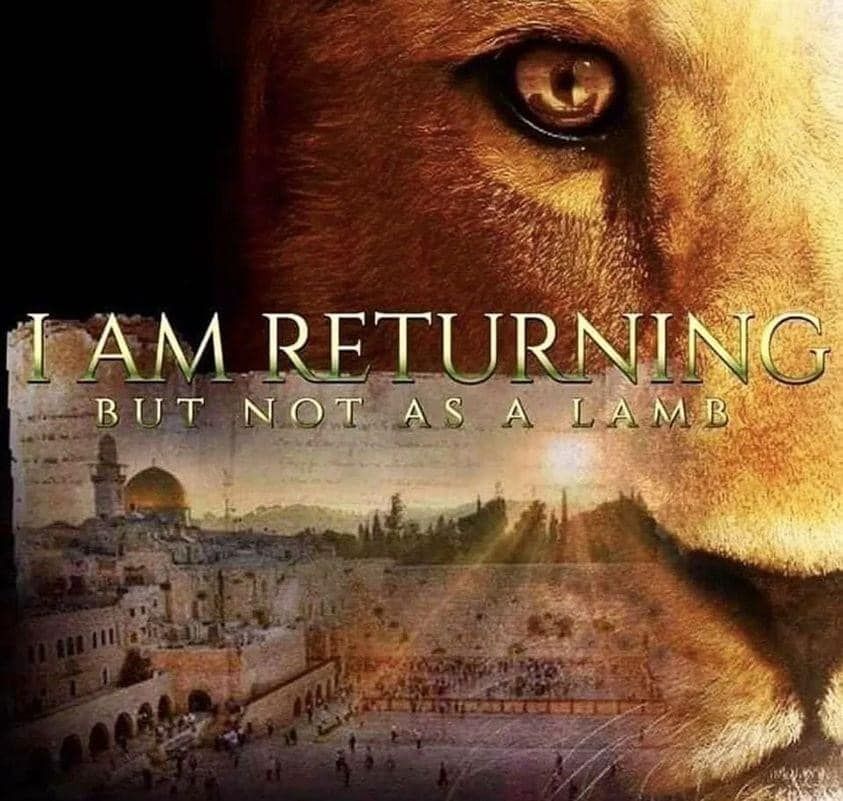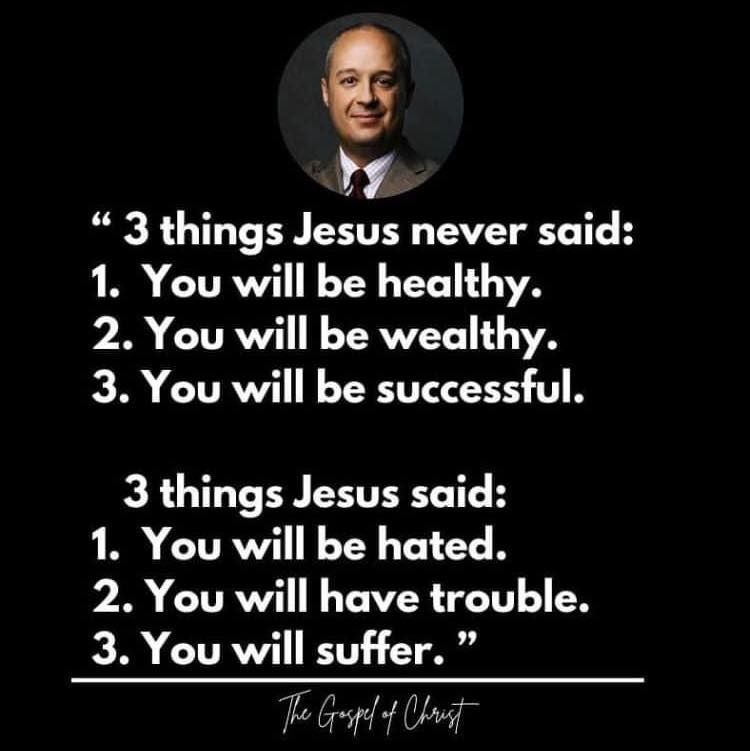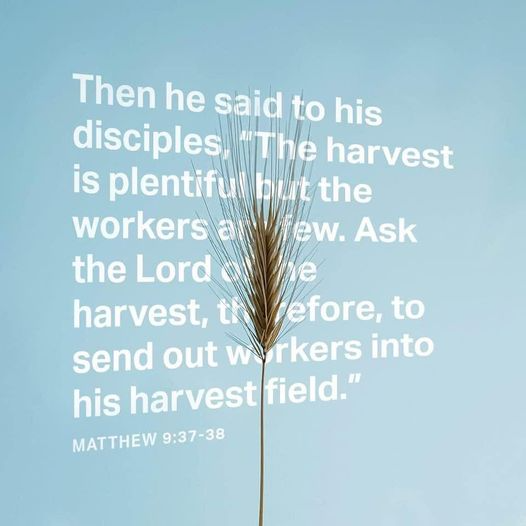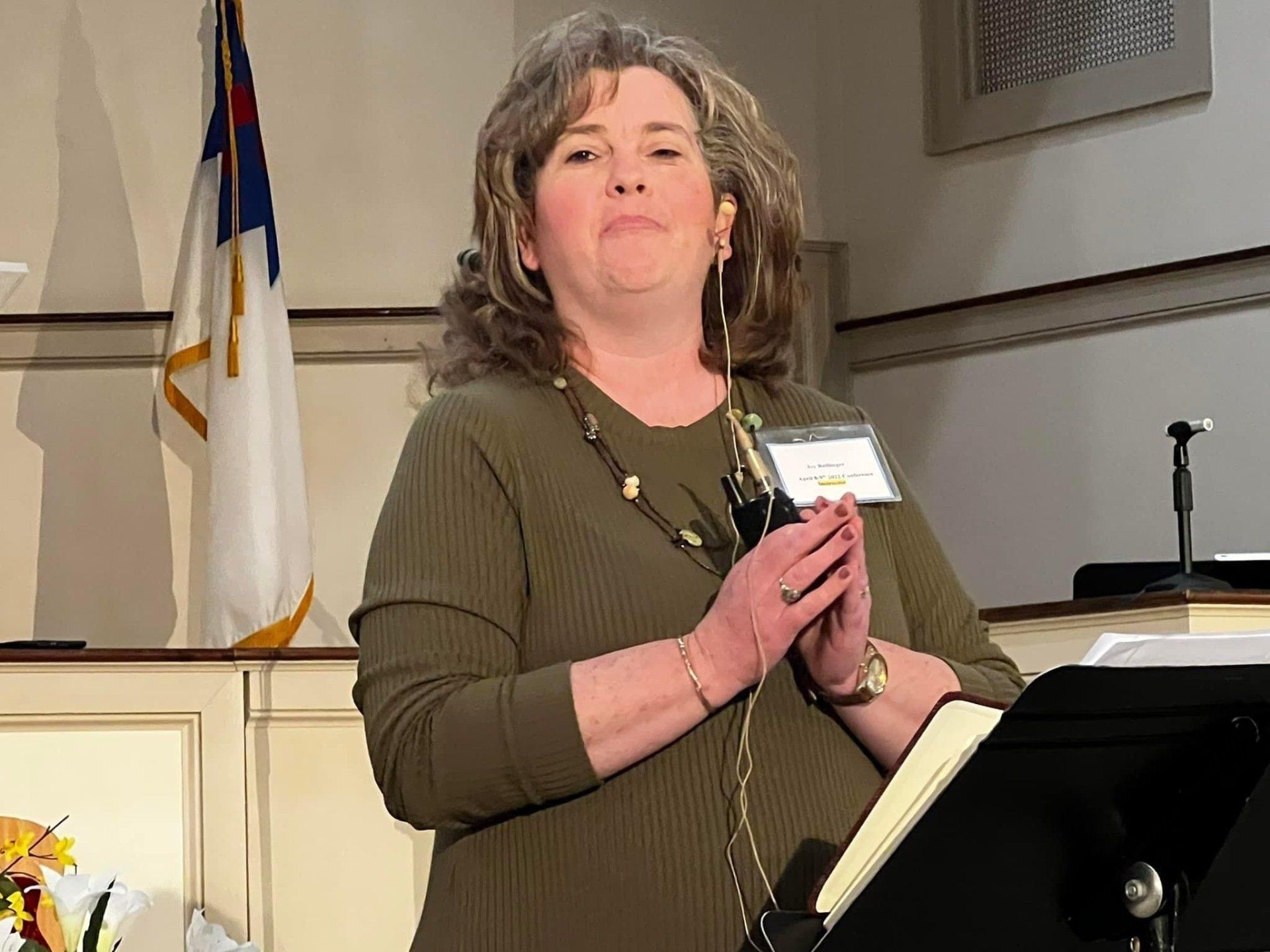

But He is not coming as a Lamb.
Typically, when someone is thinking of the “lion and the lamb,” Isaiah 11:6 is in mind due to it often being misquoted, “And the wolf will dwell with the lamb, and the ...

Typically, when someone is thinking of the “lion and the lamb,” Isaiah 11:6 is in mind due to it often being misquoted, “And the wolf will dwell with the lamb, and the leopard will lie down with the young goat, and the calf and the young lion and the fatling together.” The true “Lion and the Lamb” passage is Revelation 5:5–6. The Lion and the Lamb both refer to Jesus Christ. He is both the conquering Lion of the tribe of Judah and the Lamb who was slain. The Lion and the Lamb are descriptions of two aspects of the nature of Christ. As the Lion of Judah, He fulfills the prophecy of Genesis 49:9 and is the Messiah who would come from the tribe of Judah. As the Lamb of God, He is the perfect and ultimate sacrifice for sin.
Why is Jesus worthy to open the scroll? He is worthy because He “has conquered.” We know that, when Jesus returns, He will conquer all of God’s enemies, as graphically described in Revelation 19. However, more importantly, Jesus is worthy because He has conquered sin and death at the cross. The cross was the ultimate victory of God over the forces of sin and evil. The events that occur at the return of Christ are the “mop-up” job to finish what was started at the cross. Because Jesus secured the ultimate victory at Calvary, He is worthy to receive and open the scroll, which contains the righteous judgment of God.
Christ’s victory at the cross is symbolized by his appearance as a “Lamb standing, as though it had been slain” (Revelation 5:6). Prior to the exodus from Egypt, the Israelites were commanded by God to take an unblemished lamb, slay it, and smear its blood on the doorposts of their homes (Exodus 12:1–7). The blood of the slain lamb would set apart the people of Israel from the people of Egypt when the death angel came during the night to slay the firstborn of the land. Those who had the blood of the lamb would be spared. Fast forward to the days of John the Baptist. When he sees Jesus approaching him, he declares to all present, “Behold, the Lamb of God, who takes away the sin of the world!” (John 1:29). Jesus is the ultimate “Passover lamb” who saves His people from eternal death.
So when Jesus is referred to as the Lion and the Lamb, we are to see Him as not only the conquering King who will slay the enemies of God at His return, but also as the sacrificial Lamb who took away the reproach of sin from His people so they may share in His ultimate victory.



